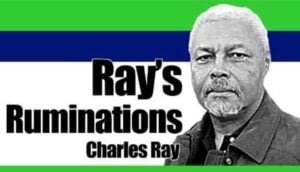Interment services are covered by the 20 percent discount on funeral and burial expenses provided by the Senior Citizens Act and its amending laws, the Supreme Court ruled.
The SC said that interment services are covered by the provision of Republic Act 7432, as amended by RA 9257 and RA 9994, which grants a 20 percent discount on the funeral and burial services for the death of senior citizens.
The Senior Citizens Act is a law created to grant a bundle of benefits in favor of senior citizens, or those at least 60 years old, giving flesh to the declared policy of motivating senior citizens to contribute to nation building and encouraging their families and communities to reaffirm the Filipino tradition of caring for the senior citizens, the decision penned by Associate Justice Rodil Zalameda states.

The Court said that based on the definition of the term “burial” as it is commonly understood, “burial service” pertains to any service offered or provided in connection with the final disposition, entombment, or interment of human remains. It follows that burial services necessarily include interment services, such as digging the land for the deceased person’s grave, its concreting, and other services being done during the actual burial.
The ruling granted the petition for review on certiorari filed by the Republic of the Philippines and set aside the Jan. 18, 2018 and Oct. 22, 2018 Resolutions of Branch 17 of the Cagayan de Oro City Regional Trial Court (RTC), which excluded interment services from the coverage of the statutorily mandated senior citizen discount on “funeral and burial services.”
The Court found that the exclusion by the RTC of interment services from the coverage of the 20 percent senior citizen discount is not provided under the law, the SC press statement said, adding that the IRR, which does not explicitly exclude interment services, cannot be interpreted to support the lower court’s Resolution.
It stressed that a law cannot be amended by a mere regulation, and the administrative agency issuing the regulation may not enlarge, alter, or restrict the provisions of the law it administers. ||




